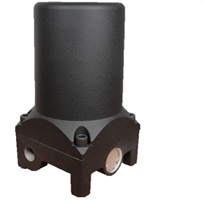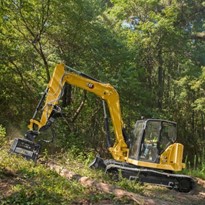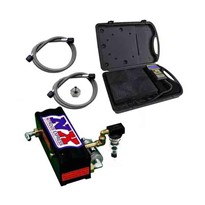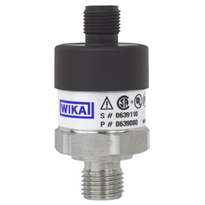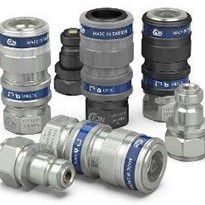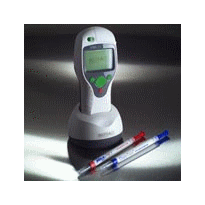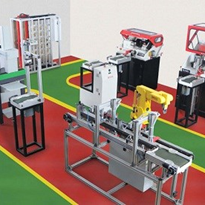While IoT technologies make it more efficient to collect large amounts of data from production systems and supply chains, this data still needs to be processed and analysed to create actionable insights that are useful to the manufacturer. Various automation and industry software vendors have created applications (usually cloud-based) to do just that.
Now with the speedy rise of AI, new opportunities are arising for the automation of this process. Not only is there the potential for more efficient insights, but also for autonomous decision making and process control.
According to the review article ‘AIoT for Sustainable Manufacturing: Overview, Challenges, and Opportunities’ by Abdul Matin et al., published in the journal Internet of Things1, AIoT is pivotal for driving sustainability in manufacturing. The paper highlights how AIoT enhances human-machine interactions, enables big data analytics, and improves operations in the field of IoT. For manufacturers, these advancements translate into higher productivity, early detection and prevention of equipment defects, and production of higher-quality products.
The authors believe that with AIoT “a more innovative future may be closer than first envisioned, from the most basic manufacturing applications to its vast potential through industrial and urban development…it is essential that manufacturing industries incorporate AIoT solutions to improve production processes, product quality, machine control and efficiency, supply chain management, and predictive maintenance.
Benefits of AIot for Australian Manufacturers
Artificial intelligence can guide intelligent action by analysing data from IoT devices and provides new opportunities in a range of areas:
Efficiency and cost reduction: AIoT allows manufacturers to more effectively optimise processes and reduce operational costs.
Enhanced product quality: AIoT facilitates early detection of defects and ensures consistent product quality – a capability that is crucial for maintaining competitiveness and meeting high standards in both local and international markets.
Sustainability: With increasing regulatory and environmental pressures, AIoT helps manufacturers minimise waste and reduce energy consumption.
Safety and predictive maintenance: AIoT improves workplace safety by monitoring equipment health and predicting maintenance needs – reducing the risk of accidents and extending the lifespan of machinery.
Burkert: partnering for smart manufacturing
Taking advantage of the AIoT requires the application of modern digital automation devices – such as valves, controllers, and instrumentation – along with the latest in field networking, gateways and edge computers, to make the manufacturing automation infrastructure necessary to implement IoT and AI.
While there will of course be an additional cost in implementing any new technology, smart digitised manufacturing promises a short return on investment through lowered manufacturing costs, greater productivity and enhanced competitiveness.
As manufacturers consider upgrading to smart manufacturing practices, Burkert is well-positioned to support this transition. Bu¨rkert offers a comprehensive range of high-quality valves and automation control solutions that are essential for an AIoT-enabled manufacturing environment, and a full suite of services to help with process migration.
Reference
Matin A, Islam M R et al 2023, ‘AIoT for sustainable manufacturing: Overview, challenges, and opportunities’, Internet of Things, vol. 24, <https://doi.org/10.1016/j.iot.2023.100901>






-160x160-state_article-rel-cat.png)




